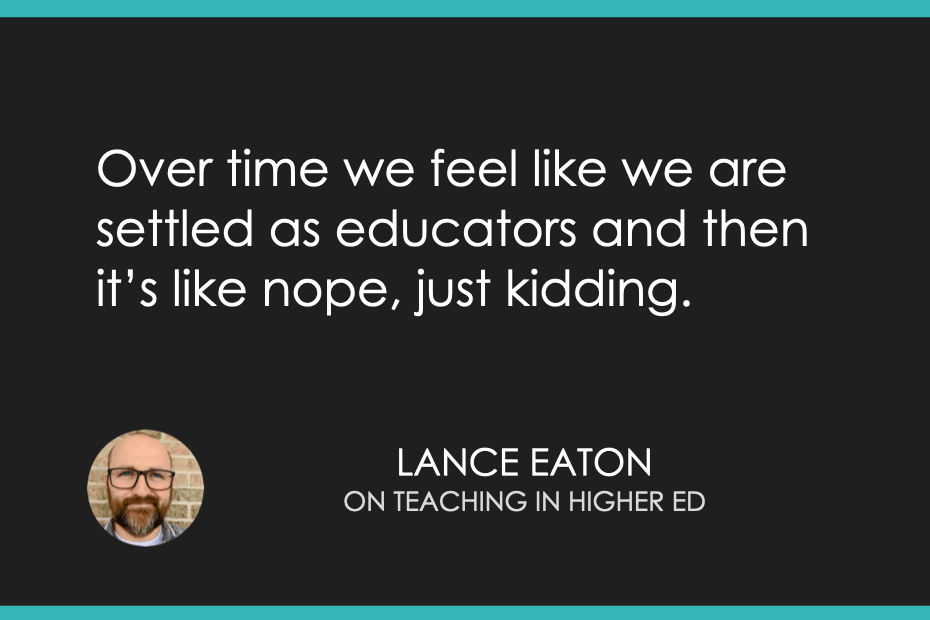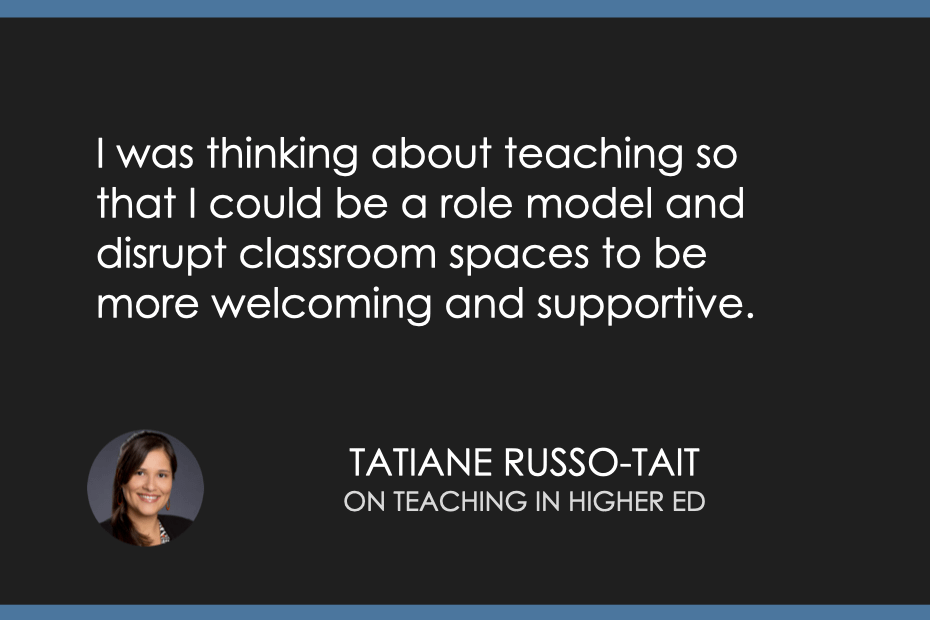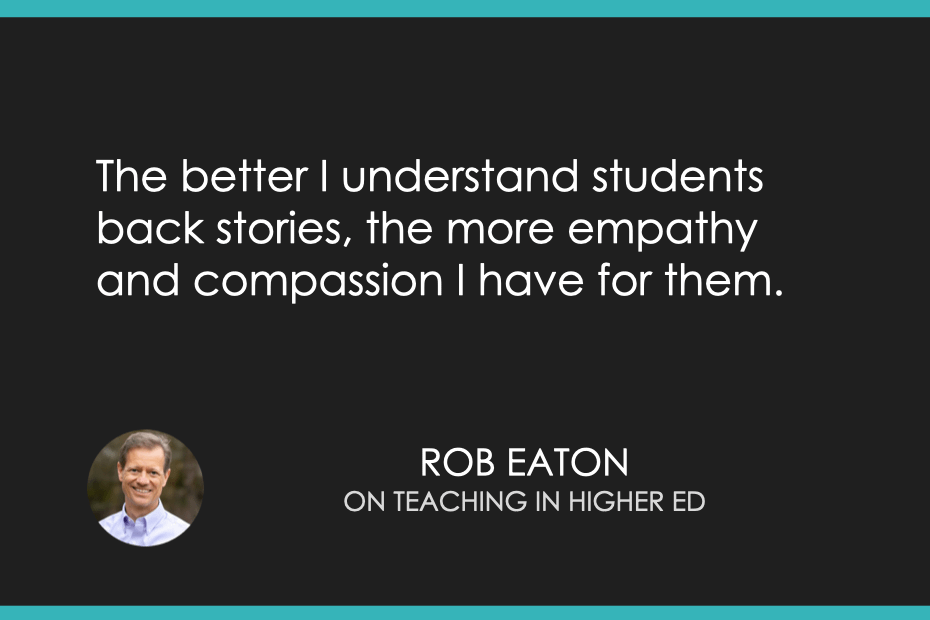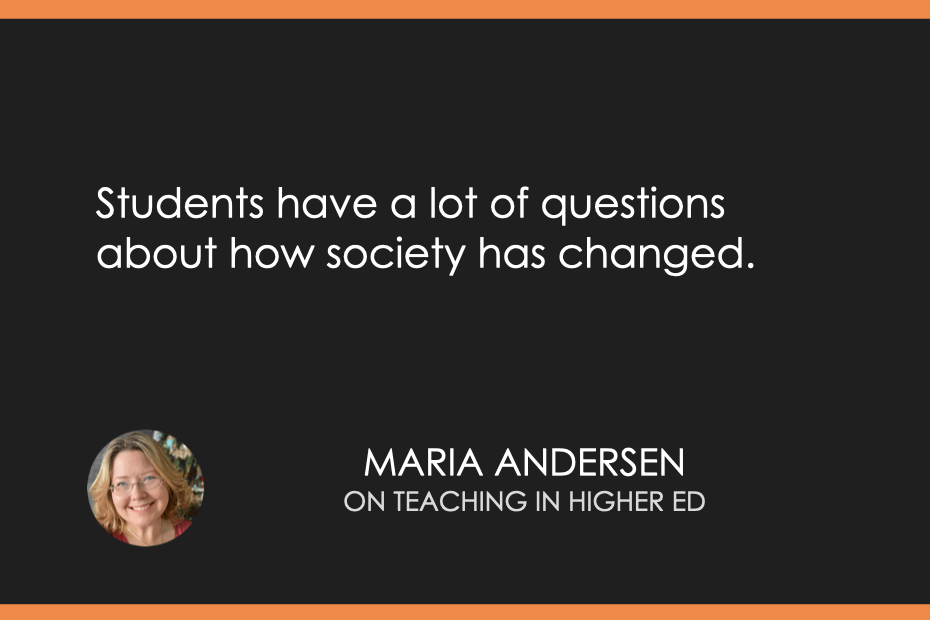Dave Stachowiak and Bonni Stachowiak answer listener questions on episode 473 of the Teaching in Higher Ed podcast.
Quotes from the episode
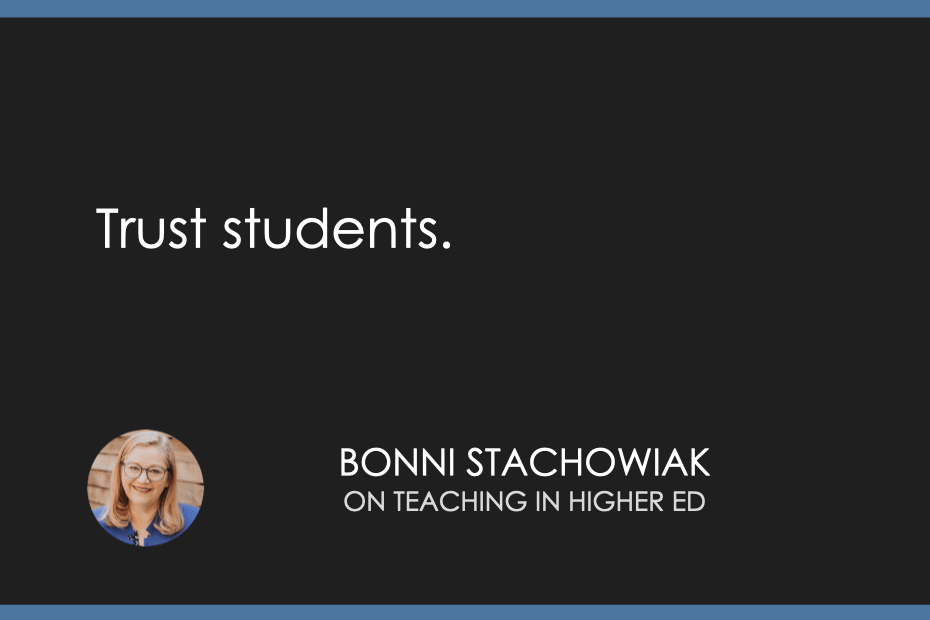
Forgetting is the friend of learning.
-Bonni Stachowiak (quoting Robert Björk)
Our stated preferences aren’t always going to align with having sufficient challenge in that learning experience to produce deeper, more memorable learning.
-Bonni Stachowiak
Trust students.
-Bonni Stachowiak (quoting Jesse Stommel and many others)
